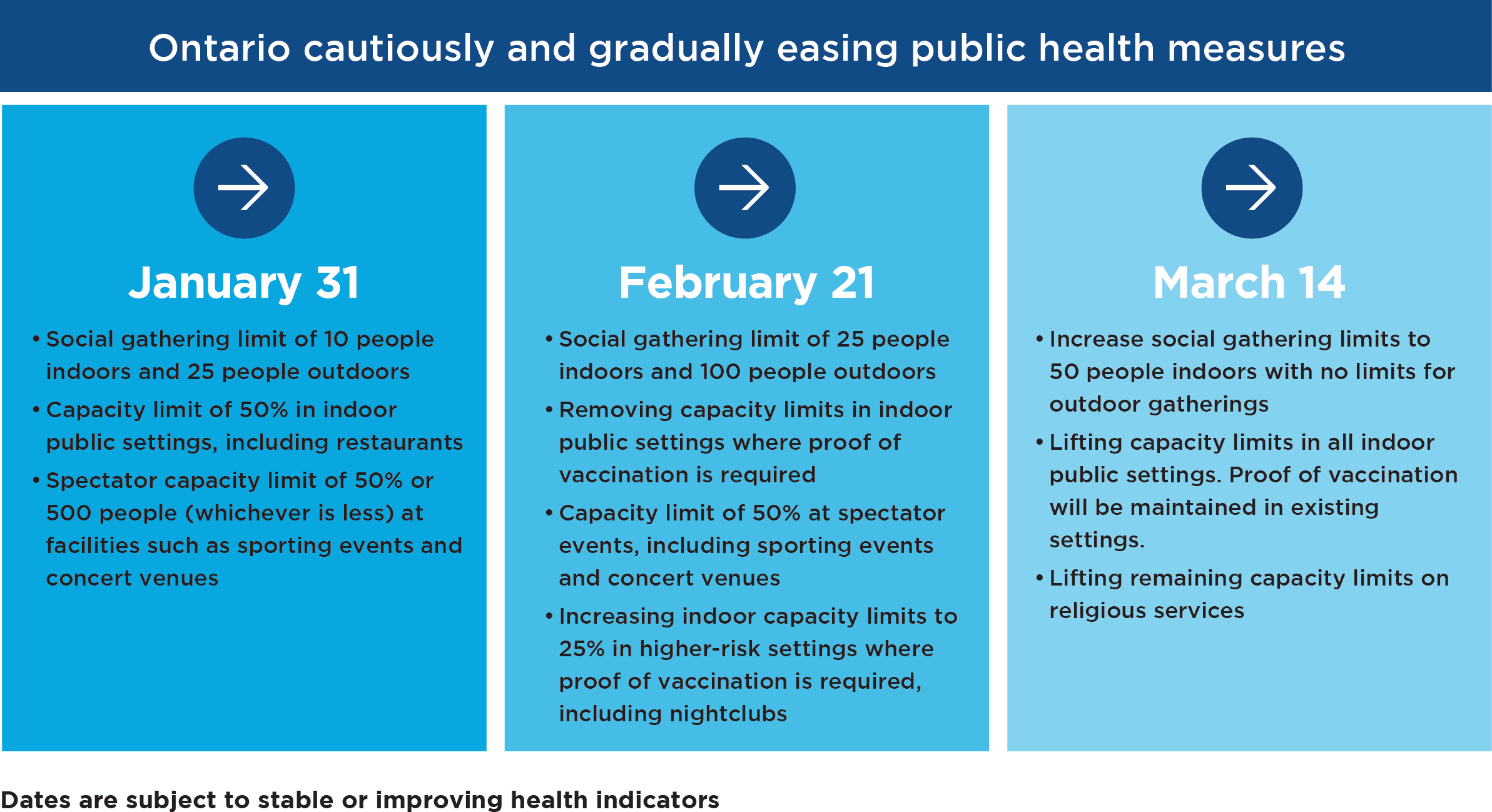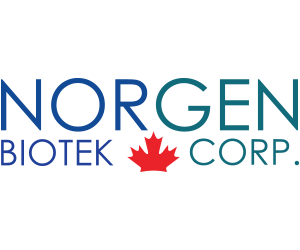
In this edition:
Canada invests in combating COVID & vaccine misinformation
2021-2022 Gas Tax funding allocated
Port Colborne restaurant receipts can pay for parking tickets
Canada to build 10,000 affordable housing units
Government of Canada invests in combating COVID-19 and vaccine misinformation
The Minister of Health, the Honourable Jean-Yves Duclos, announced an additional $14 million investment in the Immunization Partnership Fund (IPF), for projects that address misinformation about COVID-19 and the vaccines used to protect against it. This brings the Government of Canada’s total investment in the IPF to $78 million since 2020, of which $45.5 million is dedicated to supporting national, regional and local initiatives.
To date, close to 100 community-based projects have been launched with this funding, with a goal to increase COVID-19 vaccine confidence and uptake in communities across Canada.
Click here for more information.
2021-2022 Gas Tax funding will help municipal transit operators
Ontario’s Gas Tax program supports public transit in municipalities across Ontario by providing two cents per litre of provincial Gas Tax to improve and expand transit. To make up for reduced gas sales due to COVID-19, this year’s Gas Tax funding includes one-time additional funding of $120.4 million to ensure municipalities can support their transit systems, for a total of $375.6 million.
The following Niagara municipalities received funding:
| Municipality | 2021-22 Allocation |
|---|---|
| Fort Erie | $286,701 |
| Niagara Falls | $ 1,603,144 |
| Niagara-on-the-Lake | $ 165,301 |
| Niagara Region | $ 1,141,830 |
| St. Catharines | $ 2,644,675 |
| Thorold | $ 272,810 |
| Welland | $ 670,905 |
The 107 municipalities receiving funding through the Gas Tax program deliver public transit service to 142 communities representing more than 92 per cent of Ontario’s total population. The provincial and federal governments are providing up to $2.15 billion to support municipal transit systems across the province in response to COVID-19 through the Safe Restart Agreement.
Click here for more information.
Click here for a full list of funded municipalities.
Port Colborne parking tickets can be paid with restaurant receipts
More than 25 tickets were issued to vehicle owners parked on Port Colborne roadways during snowplow operations, with a fine attached of $75. However, those vehicle owners have an opportunity to pay their parking ticket in an unconventional way: with a receipt from a Port Colborne restaurant.
To support local restaurants during current restrictions on dining-in, Port Colborne is taking the lead from the City of Barrie, offering those who received a parking ticket the opportunity to support the restaurant community. Ticket holders must purchase take-out from a Port Colborne restaurant, totaling $75 (or more), between Jan. 21 to 30, 2022, and have until Feb. 2, 2022, to submit their receipt and parking ticket to the Fire Hall, 3 Killaly St. W, Monday to Friday between 8:30 a.m. and 4:30 p.m., to pay off their outstanding ticket.
Additionally, any resident that orders take-out from a Port Colborne restaurant between Jan. 21 to 30, 2022, and either posts a photo of their take-out order on the City’s Facebook contest post, tags the City in a public post on social media, or emails the photo to communicationsofficer@portcolborne.ca, along with mentioning the restaurant they ordered from, will be entered into a contest to win a $75 gift certificate from a Port Colborne restaurant of their choice.
Click here for more information.
Rapid Housing Initiative to deliver 10,000 affordable homes across Canada
The Prime Minister, Justin Trudeau, today announced that over 10,000 new affordable housing units will be created across the country through the Rapid Housing Initiative (RHI), exceeding the initial goal of 7,500 new units. These housing units will help vulnerable Canadians and those experiencing or at risk of homelessness. A third of the units will support women or women and their children, and more than a third of the units will assist Indigenous Peoples.
The Government of Canada aims to continue working with provincial, territorial, and municipal governments, Indigenous governing bodies, as well as stakeholders and organizations to quickly create more homes for people in need of housing.
Click here for more information.
Reading Recommendations
Canada ‘may’ have passed peak of Omicron wave, says top doctor
CBC News
Canada may have passed the peak of the Omicron wave but the number of people hospitalized because of COVID-19 is now at its highest level since the pandemic began, Canada’s Chief Public Health Officer Dr. Theresa Tam said today.
“In the weeks since the modelling update, there are early indications that infections may have peaked at the national level, including daily case counts, test positivity, Rt or the effective reproduction number and wastewater surveillance trends,” Tam said today.
Nationally, the average daily case count has decreased by 28 per cent since last week. Tam warned that, because lab testing can’t keep up with demand as Omicron spreads, that count may underestimate the actual number of cases.
Tam also said that with test positivity at 22 per cent and the seven-day average of daily cases at almost 27,000, COVID-19 is widespread throughout the country.
Working parents need help – what can employers do?
Canadian HR Reporter
When it comes to supporting the unique needs of employees who have children, one of the simplest things that can be done won’t cost an employer anything.
“Start listening,” says Karsten Vagner, senior vice president of people at virtual health care provider Maven Clinic in New York.
“Get curious, start listening to your parents. I wonder how many employers actually know how many parents they employ? And if you know who your parents are, what are you doing with them? Are you sending surveys to them? Are you creating a space for them to speak with each other, especially now?”
These are all things that employers can do in starting to treat parents like a cohort, she says.
Niagara COVID-19 statistics tracker
Niagara COVID vaccination tracker
Information on government grants, resources, and programs, policies, forms, and posters for download and use, are available here. The GNCC is here to support you. Contact us with any questions you have.
Through the Daily Updates, the GNCC aims to deliver important business news in a timely manner. We disseminate all news and information we feel will be important to businesses. Inclusion in the Daily Update is not an endorsement by the GNCC.





 The Ontario government is supporting a more than $13 million investment by Norgen Biotek to scale up production of its COVID-19 saliva-based test kit, with $1 million in support through the Ontario Together Fund.
The Ontario government is supporting a more than $13 million investment by Norgen Biotek to scale up production of its COVID-19 saliva-based test kit, with $1 million in support through the Ontario Together Fund. Today, Thursday Jan. 13, marks one year since the first COVID-19 vaccines were administered in Niagara. Great strides have been made in keeping Niagara communities safe in the past year, including over 900,000 vaccines that have been given to Niagara residents, and almost 77 per cent of eligible residents now having a full series of two doses.
Today, Thursday Jan. 13, marks one year since the first COVID-19 vaccines were administered in Niagara. Great strides have been made in keeping Niagara communities safe in the past year, including over 900,000 vaccines that have been given to Niagara residents, and almost 77 per cent of eligible residents now having a full series of two doses. Echoing a call by the Greater Niagara Chamber of Commerce (GNCC) made last month, the Ontario Chamber of Commerce (OCC) has “implored the government to immediately clarify” if and when Ontario could move out of Stage 2 of its Roadmap to Reopen plan.
Echoing a call by the Greater Niagara Chamber of Commerce (GNCC) made last month, the Ontario Chamber of Commerce (OCC) has “implored the government to immediately clarify” if and when Ontario could move out of Stage 2 of its Roadmap to Reopen plan.